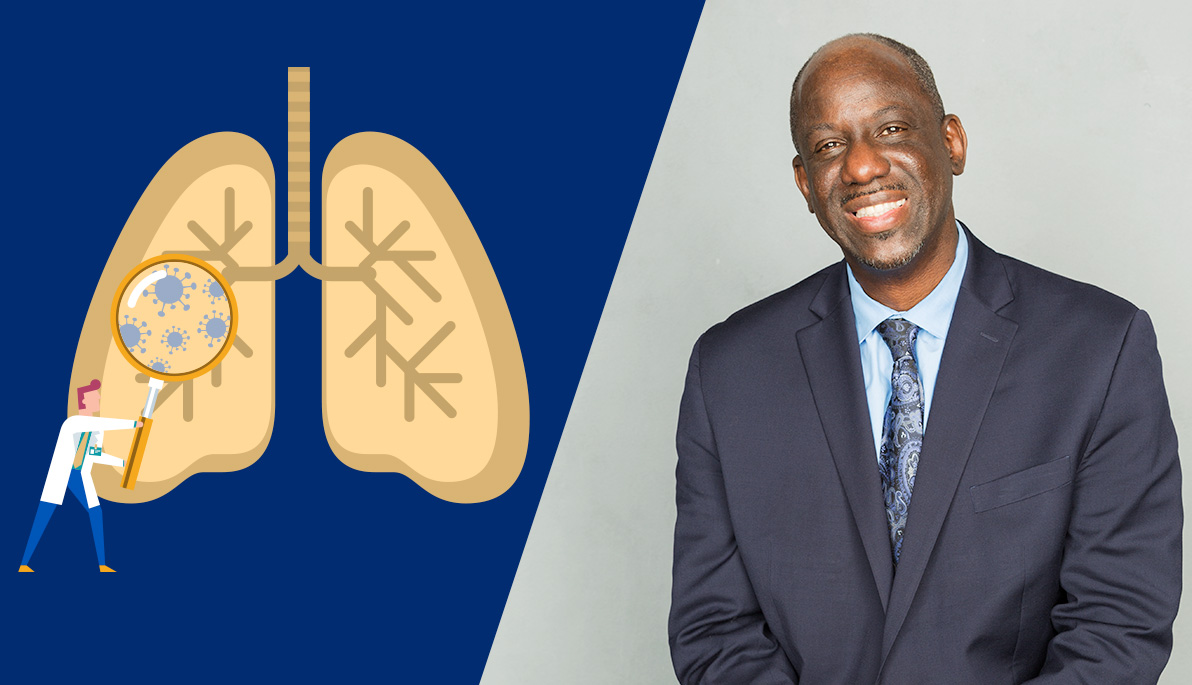News
Brian Harper Addresses COVID-19 Concerns and Myths
March 5, 2020
Public health expert and Chief Medical Officer of New York Institute of Technology’s Academic Health Centers, Brian Harper, M.D., recently shared his expertise in Newsday’s coverage of COVID-19, also known as the coronavirus. In the articles, which appeared February 24 and March 4 (a subscription is required to view stories), Harper, who is a former Suffolk County Health Commissioner, addresses common COVID-19 concerns and misconceptions, including the following messages on remaining healthy, testing, and surgical masks.
Staying Healthy
In the March 4 story, Harper notes that staying away from others who display signs of illness, even though they likely have another illness and not COVID-19, is of “primary importance.” He adds that touching infected surfaces and then placing hands on the face is one of the most common ways that people contract the virus.
“The way a person becomes infected generally is by coming in contact with the actual virus,” says Harper, who also reminds individuals that the Centers for Disease Control recommends hands be washed thoroughly with soap and water for 20 seconds.
Testing for the Virus
Harper notes in the March 4 article that a physician will first check for other illnesses that present similar symptoms as COVID-19, such as coughing, sneezing, aches, fever, and difficulty breathing. Once other illnesses are ruled out, the physician may test for COVID-19 and send the sample to the federal Centers for Disease Control. Antibiotics, which are only effective for treating bacterial infections, will not fight the disease, but Harper reassures readers that the body has its own response against viruses.
“Bear in mind, the human body was designed to be in a world full of microorganisms,” he says. “We do have an immune system that can fight off viruses.”
Surgical Masks
In the February 24 article, “Coronavirus, questions and answers: What can you do to protect yourself?” Harper advises against wearing a surgical mask as a means of protection.
“That’s really not protecting you that much,” he says. “You’re still breathing air that gets around that surgical mask.”
He advises that a fitted mask with a respirator, such as those worn by health professionals, would be a better safeguard. However, surgical masks can help reduce the spread of the virus when worn by someone with a confirmed case.





